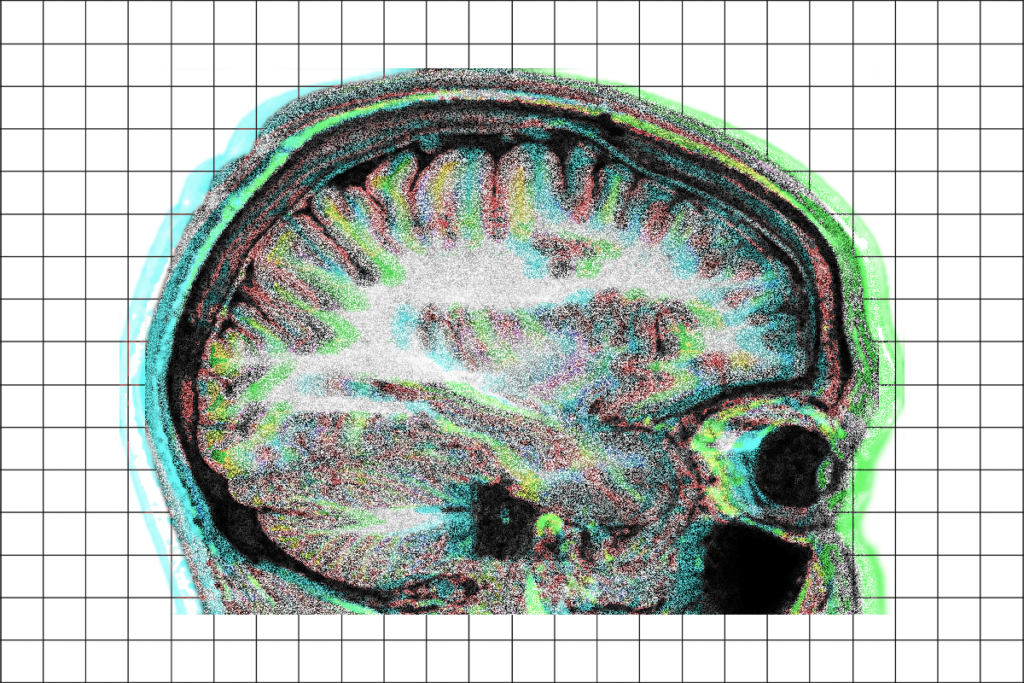A Michigan neuroscientist has retracted two papers and corrected three others. All of the retraction or correction notices, which appeared across five journals between January 2022 and September 2023, mention duplicated images of some kind.
Both retracted papers and one corrected paper investigated the effects of dietary supplements on brain cells in a mouse model of Alzheimer’s disease. The other two papers explored the effects of mesenchymal stem cells in a rat model of traumatic brain injury.
Gary Dunbar, endowed chair and endowed professor of neuroscience at Central Michigan University in Mount Pleasant, co-authored all of the studies with former university colleague Panchanan Maiti. At the time the studies were published, between 2018 and 2021, Maiti held an adjunct appointment in the psychology department, but he is no longer affiliated with the university, according to a university spokesperson.
One of two LinkedIn profiles for Dunbar also lists him as executive director of the Field Neurosciences Institute, but a spokesperson for the organization told Spectrum that Dunbar is no longer affiliated with the institute, though would not say when or why he left.
The two retractions involve a study published in BMC Neuroscience in 2018 and one published in Alzheimer’s Research & Therapy in 2021. Both studies claimed to document several different neuroprotective effects of a form of curcumin, an anti-inflammatory compound found in the spice turmeric, in a mouse model of Alzheimer’s disease. The work was funded in part by the Field Neurosciences Institute and Central Michigan University.
In an email to Spectrum, Dunbar said that when his group “learned of irregularities in our data, we immediately reached out to the journals in question to make necessary corrections and, eventually, made the decision to request retraction out of an abundance of caution.” He added that his lab “is now replicating critical aspects of these studies to ensure an accurate representation of the results.”
Maiti wrote in an email to Spectrum that he “could not get enough time to review those data further because of my studies and some serious health issues.”
“I am really sorry and it will never happen in the future,” he added.
“Central Michigan University conducted an internal inquiry into the reported research irregularities and found no evidence of malfeasance,” according to David Weindorf, the university’s vice president for research and innovation.
The 2018 study was retracted in February “at the corresponding author’s request” because “concerns were raised regarding similarities in the presented data,” according to the retraction notice. “The authors checked their data and identified additional errors,” the notice continues. The article has been cited 65 times, according to Clarivate’s Web of Science.
The 2021 study, which has been cited 27 times, was pulled in September. “After publication, concerns were raised regarding a number of cases of image overlap within the Figures,” according to the retraction notice. The authors addressed those issues in a correction published last year, the notice continues. “However, subsequent concerns have been raised about further image similarities within the article, as well as with previous studies.”
Meanwhile, a third Alzheimer’s-related paper by the team, published in 2021 in Brain Sciences, was updated in June to correct numerous anomalies, including duplicated images, an incorrect title and errors in several figures, graphs and figure legends.
The two papers pertaining to traumatic brain injury were both published in 2019 — one in the Journal of Cellular and Molecular Medicine and the other in the Journal of Neuroinflammation — and were corrected in January 2022. The fixes involved a “duplicated” figure and a “copying and labeling error with image selection,” respectively, according to the correction notices.
The image duplication issues in all five papers first came to light on the post-publication review site PubPeer, through a series of posts starting in October 2021 by an anonymous commenter using the pseudonym Actinopolyspora biskrensis.
The same commenter has raised similar concerns on PubPeer about four additional Alzheimer’s-related papers co-authored by Dunbar and Maiti between 2016 and 2021. Dunbar responded to three of those posts in October 2021, saying that his team had either submitted corrections to the journals or was “investigating what happened” and “re-analyzing the data.” As of this story’s publication, none of the four papers have been corrected. Dunbar declined to comment on whether he had in fact submitted the corrections.
The anonymous commenter, who also uses the name Cheshire, says they are not a scientist but regularly collaborate with researchers to spot inconsistencies and errors in scientific papers.
In an email to Spectrum, the anonymous commenter said the fact that “there are multiple papers with some common authors and similar concerns surely suggests a pattern of behavior that should be investigated, and I believe Dr. Dunbar acknowledged the need to make changes in his lab’s procedures due to the findings with which he agreed.”






